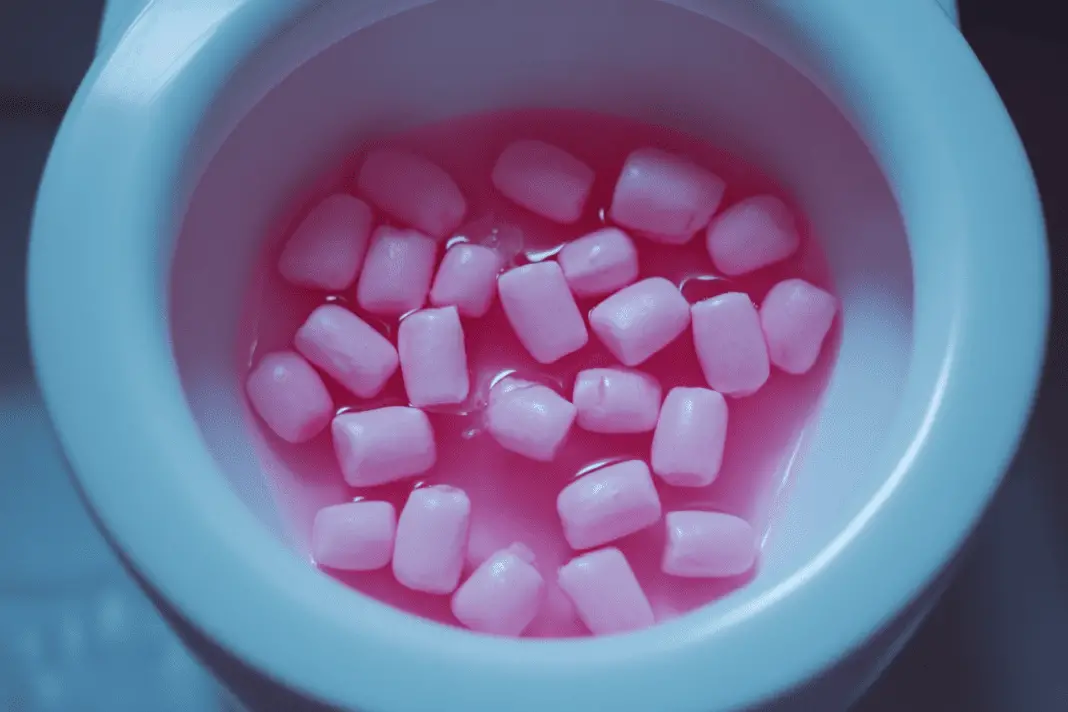Your toilet isn’t a magical portal that makes things disappear forever. In fact, flushing the wrong items can lead to expensive plumbing repairs, environmental damage, and sewage backups that no homeowner wants to deal with. Here are nine everyday items that should never make their way down your toilet bowl.
Wipes of any kind, even if labeled flushable

Despite marketing claims, baby wipes and cleaning wipes don’t break down like toilet paper. These sturdy sheets maintain their structure long after being flushed, accumulating in pipes and forming massive clogs that can cost thousands to remove.
The solution? Keep a small waste bin next to your toilet for disposing of wipes. If you’re concerned about odors, opt for a container with a lid and use scented disposal bags.
Personal care products and cotton items
Cotton balls, Q-tips, and dental floss might seem harmless, but they’re actually pipe-clogging culprits. Dental floss is particularly problematic, creating net-like structures that trap other debris and can even damage septic system motors.
Consider this: A single cotton ball can absorb up to ten times its weight in water, expanding significantly inside your pipes. Multiply that by daily disposal, and you’re setting yourself up for a major blockage.
Medications and chemicals

Flushing medications or harsh chemicals doesn’t just risk pipe damage – it introduces toxic substances into our water systems. Water treatment facilities aren’t designed to filter out pharmaceutical compounds, meaning these substances can end up in drinking water supplies.
Instead, check with your local pharmacy about medication take-back programs. For household chemicals, contact your area’s hazardous waste disposal facility.
Food and cooking byproducts
While it might seem convenient to flush small amounts of food or cooking grease, these substances can create serious plumbing problems. Grease and oils solidify in pipes, creating stubborn blockages that are difficult and expensive to remove.
What happens to that bacon grease you poured down the toilet? It cools and hardens, potentially combining with other substances to form “fatbergs” – massive, solid blocks that can completely obstruct sewer lines.
Hair and pet-related waste

Hair and cat litter create serious plumbing problems when flushed. Hair forms net-like structures that trap other debris, while cat litter expands and hardens in pipes, potentially creating concrete-like blockages.
Even “flushable” cat litter isn’t safe for your plumbing system. Most toilets don’t use enough water to move these materials through the pipes effectively.
Hygiene products
Menstrual products are designed to absorb liquid and expand – exactly what you don’t want happening in your pipes. Similarly, condoms and bandages can create stubborn blockages that require professional intervention to remove.
Modern tampons can absorb up to 30 times their weight in liquid. Imagine that expansion happening inside your narrow plumbing pipes.
Paper products beyond toilet paper
Paper towels, tissues, and napkins are manufactured differently from toilet paper. They’re designed to maintain strength when wet – a quality that prevents them from breaking down in your plumbing system.
A simple test: Place a square of toilet paper in water, then do the same with a paper towel. Notice how the toilet paper quickly dissolves while the paper towel stays intact? That’s why only toilet paper belongs in your toilet.
Small objects and toys
It might seem obvious, but small objects like toys or cigarette butts should never be flushed. These items can create immediate blockages or accumulate over time, leading to more serious plumbing issues.
Children are often fascinated by flushing objects down toilets. Consider implementing a “only toilet paper gets flushed” rule and supervising young children in the bathroom.
Chewing gum
Gum never dissolves in water. When flushed, it can stick to pipes and catch other debris, creating stubborn blockages that require professional removal.
Wrap used gum in paper and dispose of it in the trash. This simple habit can save you from costly plumbing repairs down the line.
Remember: your toilet is designed to handle just three things – human waste and toilet paper. Everything else belongs in appropriate waste containers. By following these guidelines, you’ll protect your plumbing system, save money on repairs, and help preserve our water infrastructure for future generations.

